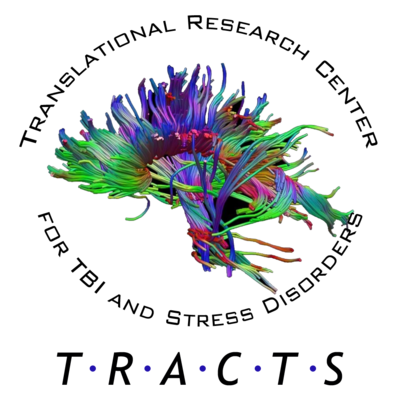Our lab has a very long history devoted to the investigation of the cognitive and neurologic effects of chronic alcoholism. We are one of a small number of laboratories in the field to apply the eyeblink classical conditioning associative learning paradigm, designed originally for animal research, to human learning. Drs. Regina McGlinchey and Catherine Fortier, developed one of the few human Classical (Pavlovian) Eyeblink Conditioning Laboratories in the country. The strength of this paradigm lies in its well mapped out neuroanatomical underpinnings in the animal literature and the striking correspondence to human anatomy.
We have made several major theoretical contributions in documenting the neurotoxic effect of alcohol on brain structure and human learning using this eyeblink conditioning task. We continue to investigate the relationship between these brain changes and impairments in alcoholics’ ability to learn new behavioral associations and to modify existing associations. We believe that these basic-level impairments in building/modifying memories have important implications for alcoholics’ ability to alter maladaptive alcoholic behavior and to maintain a life of sobriety.
Our future work in this area will broaden the scope of investigation to examine if drinking behavior in non-alcoholic individuals (including binge drinking) is similarly associated with functional and structural brain changes and impairment in the formation of basic associations. We are also investigating how physiological comorbidities that are common among heavy drinkers, such as risk factors for cerebrovascular disease, may impact cognitive functions in healthy aging.
